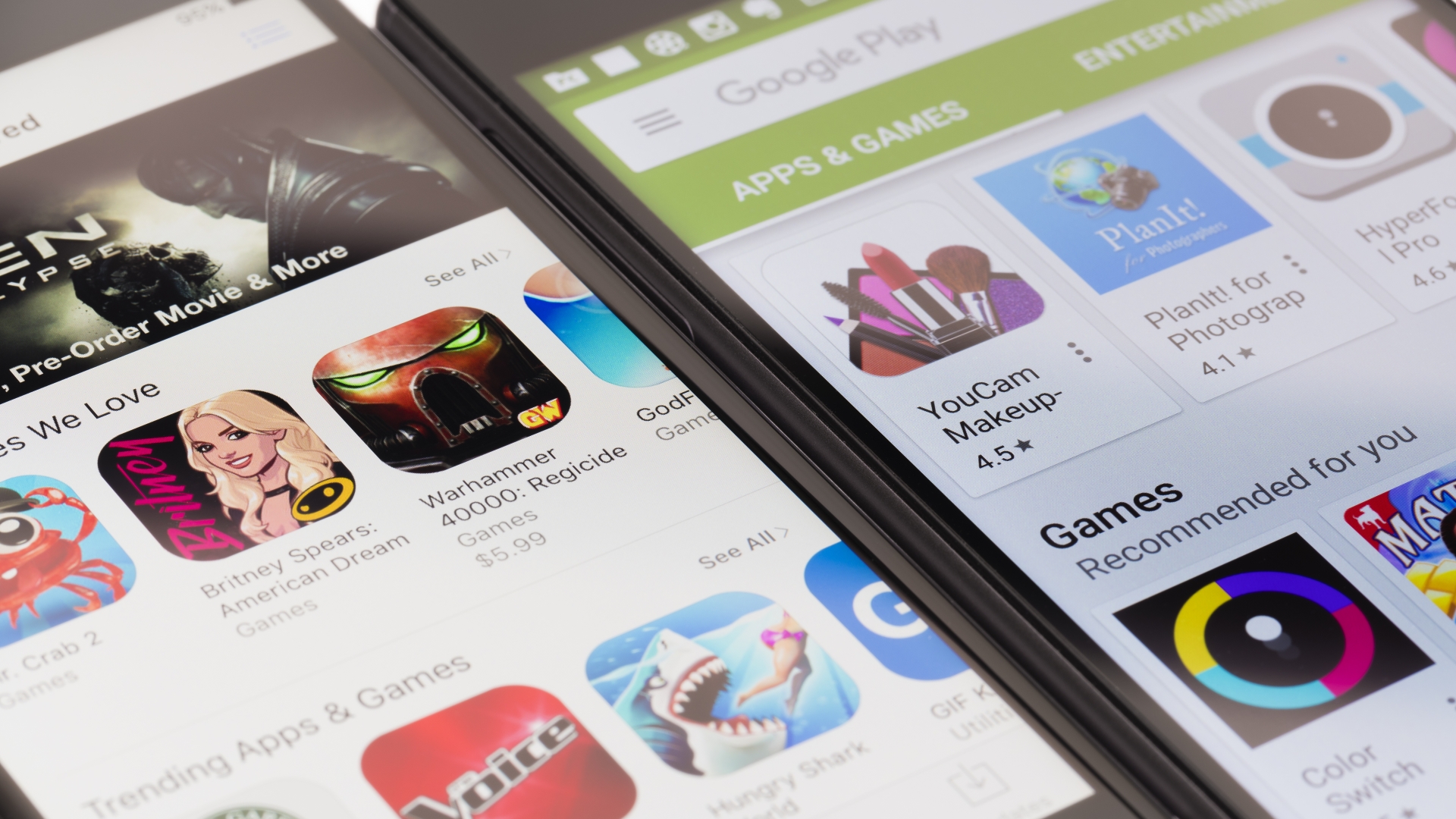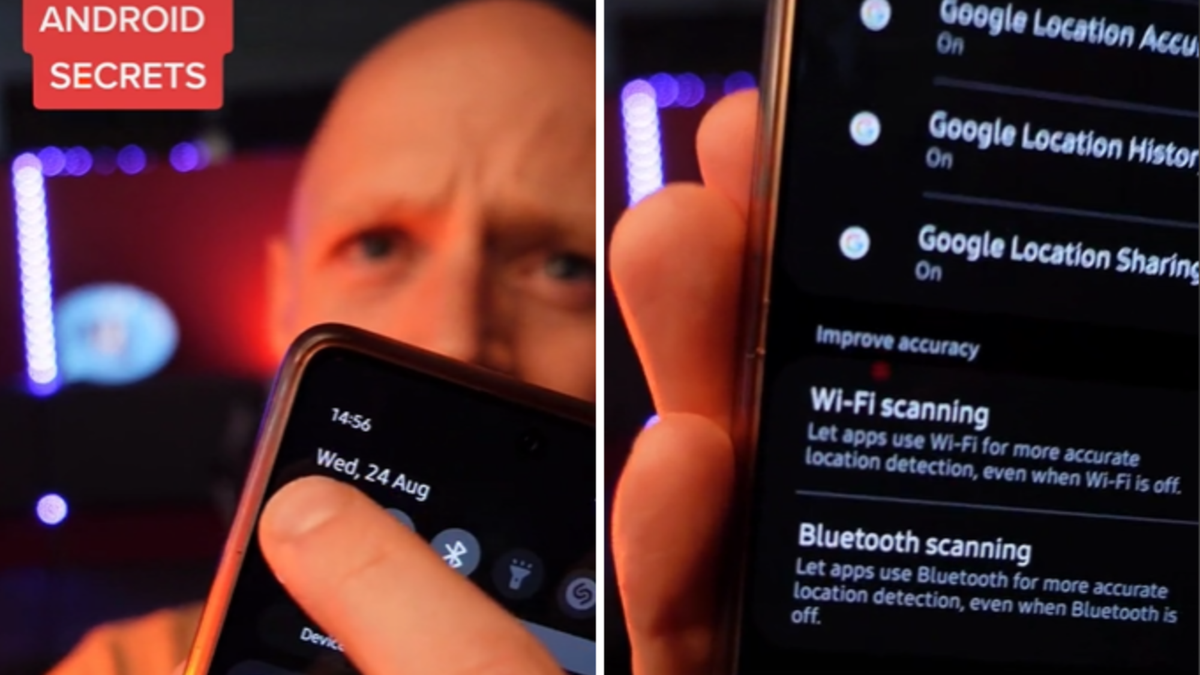Cybersecurity experts alert car owners to new hacking methods
The evolving technological world is dynamic. While some people create solutions, there are others trying to exploit the vulnerability in the solution created to create a different problem.
Automobile thieves seem to be making desperate efforts to stay ahead of technological advancements created to beat them. From the days of smashing car windows to gain access or hotwiring a vehicle to steal it, automobile robbers graduated to hacking a vehicle using computer codes.
Car hacking is done by accessing a car’s computer systems through software such as CAN bus, Bluetooth pairing, or via physical access to connectors and ports.
However, when hacking became widespread, experts recommended car trackers, to trace and retrieve stolen vehicles.
But the bad men are constantly trying to beat advancing technology. With modern technology, the hackers have devised methods such as carjacking, jamming, cloning key fobs, defeating immobilisers and scanners to steal automobiles.
Researcher project that in the near future, motorists may have to worry about their the possibility of their vehicles being remotely hijacked and driven to specific locations by hackers and robbed of their vehicles.
When trackers were recommended, car owners heaved a sigh of relief. However, this won’t last for a long time as hackers have also identified a vulnerability in trackers, which they now use negatively to their advantage.
In a recent report by Forbes, a weakness has been detected in the tracking system of modern cars, which enables hackers to gain access to a car owner’s cellphones to steal their data.
What is bewildering is that fact that the technology that makes it possible for the hackers to do this is exactly what security agencies are using to check car theft through hacking.
According to the report, these are same technologies that security agencies are regularly exploiting in the United States, with immigration and police investing more in tools to extract mass data — from passwords to location — from as many as 10,000 different car models.
The report stated that the latest hacking was due to cars’ shared telematics…








